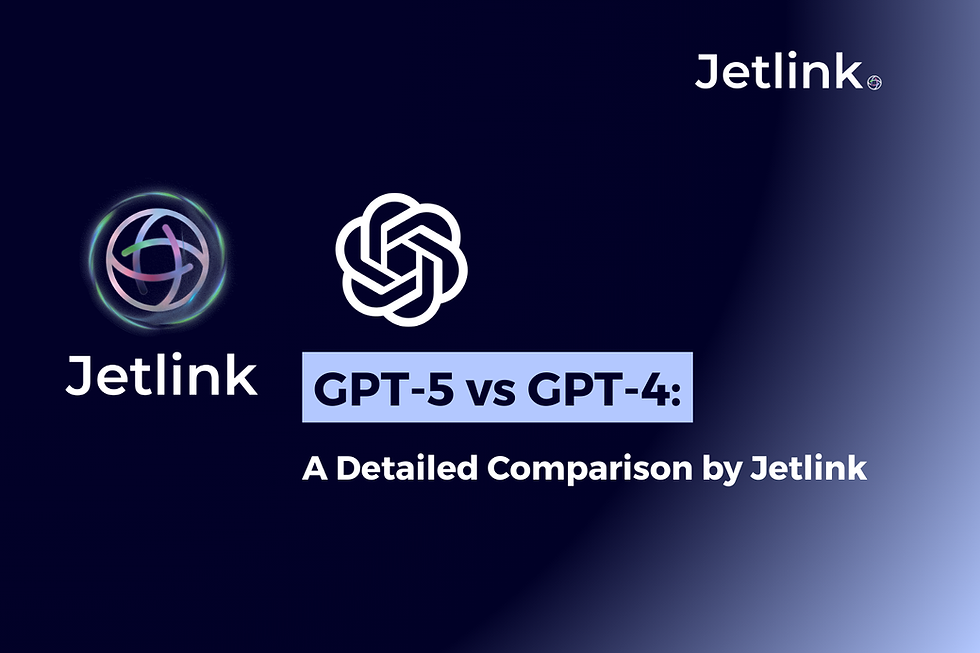What Are AI Agents?
- Aug 22, 2025
- 3 min read
A Journey into the World of Artificial Intelligence Agents

Introduction to AI Agents
AI agents are software systems capable of independently performing complex tasks, perceiving and analyzing their environment, and learning over time. They can make decisions, plan, and take action without human intervention.
In daily life, for example, a customer service chatbot not only answers user questions but also makes suggestions and improves the overall experience. In business, autonomous robots or automation systems accelerate processes, reduce costs, and increase efficiency.
So, how exactly do these systems work? Which technologies make them possible? And what can we expect from them in the future? Let’s explore step by step.
How AI Agents Work: The Core Principles
The functioning of AI agents can best be described as a cycle of perceive → reason → act → learn.
Perception: Collecting data from the environment. This could be a chatbot reading your message or an autonomous vehicle detecting traffic with its sensors.
Reasoning & Processing: The raw data is processed using natural language processing (NLP), machine learning, and deep learning to extract meaning.
Decision Making: The agent evaluates the options and makes the best decision.
Action: The decision is carried out in the real world—chatbots respond, robots execute tasks, automation systems trigger processes.
Learning: Every experience helps the agent improve, becoming smarter and more adaptive over time.
By repeating this cycle continuously, AI agents evolve into systems capable of delivering better results with every interaction.
The Technological Infrastructure Behind AI Agents
To understand how AI agents achieve this cycle, we need to look at the technologies that make them possible.
Key infrastructure components:
Middleware: Connects different devices and systems.
Service discovery & resource management: Protocols like Jini or UPnP allow systems to dynamically find and access resources.
Data standards (XML, RDF): Facilitate semantic-level information sharing.
Security & authorization: Ensure identity verification and safe operations.
Popular tools and frameworks:
LangChain & LlamaIndex: Enable data integration and complex agent behaviors.
AutoGen & CrewAI: Allow collaboration among multiple agents.
Large language models (GPT, Claude, LLaMA): Form the foundation of language understanding and generation.
Vector databases (Pinecone, Weaviate, FAISS): Enhance memory and retrieval.
MLOps tools (MLflow, Kubeflow): Manage, monitor, and update models.
Cloud platforms (AWS, Azure, GCP): Provide scalable infrastructure and computing power.
These elements create a powerful ecosystem that transforms AI agents from a theoretical idea into practical, real-world applications.
Applications Across Industries
AI agents are already creating value across many industries:
Automotive: Vehicle comparison, test drive scheduling, after-sales maintenance planning.
E-commerce: Real-time order tracking, personalized campaigns, customer feedback collection.
Healthcare: Automated appointment scheduling, prescription reminders, symptom analysis, patient feedback.
Transportation: Smart traffic management, route optimization, autonomous driving support.
Finance: Fraud detection, personalized portfolio recommendations, accelerated loan approvals.
Human Resources: Candidate screening, automated request handling, personalized training plans.
Example Scenarios
E-commerce: A user struggling to choose a product can receive recommendations from an AI agent acting like a personal stylist. After purchase, they can track shipping and resolve issues directly through the same channel.
Automotive: A car manufacturer can proactively inform potential customers about new models, share technical details, and gather pre-orders via AI agents—improving sales and customer engagement.
These scenarios show how AI agents can make interactions smoother, faster, and more personalized.
Future Potential and Impact
The future of AI agents is not just about technological progress—it’s about redefining business, customer relationships, and human–machine interaction.
Advanced chatbots: Multilingual, emotionally intelligent assistants capable of resolving issues end-to-end.
Digital business partners: Agents that anticipate customer needs and support strategic decision-making.
Human–AI collaboration: Combining human empathy and creativity with AI’s speed and scalability.
Of course, this transformation also requires a focus on data security, ethical use, and transparency. Trust will be the cornerstone of AI adoption.
Ultimately, the future of AI agents lies in becoming more than just software—they will be true digital companions capable of building meaningful connections with humans. Embracing this vision means not just keeping up with technology, but leading a new era of innovation.

.png)
.png)



Comments